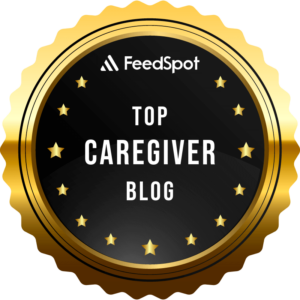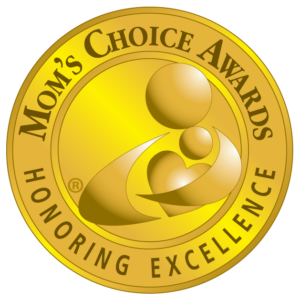
Published on:
Caregiving consultant and healthcare speaker Dr. Aaron Blight is happy to take the time to answer questions on Quora about caregiving organizational development, healthcare consulting, senior care, and many other topics. In this post, we will examine some of his most recent answers dealing with caregiving within the family.
How can I be a better caregiver to an elderly relative with dementia, a sore leg, and diarrhea? It’s so challenging sometimes.
Dr. Aaron Blight:
Suggestion #1: Proper medical care. With regard to the conditions you described, it’s advisable to take your relative to the doctor.
The sore leg and diarrhea might be caused by conditions that are treatable. Certain conditions that involve diarrhea can also be infectious, so you want to ensure that you’re not contracting something like C.diff, which can also be fatal. The doctor will tell you what you can do to better care for your loved one, given his or her health conditions.
Suggestion #2: Skill building. Seek opportunities to develop your capacity to care for your loved one.
While there is no cure for dementia, there are approaches to managing behaviors that can be learned. You can learn by reading books, watching videos online, attending classes or support groups on Alzheimer’s care, or even spending time in observation at a dementia care unit of a nursing home. You might start by checking out books by David Troxel.
Similarly, you can improve your hands-on care skills by taking a class or asking for some one-on-one training and tips from a professional. At my home care company, we offered extensive personal care training for our employees, but we allowed family members to participate in these classes, too. Here again, you may also benefit from online videos or observational visits in a nursing home.
Suggestion #3: Help from others. Caregiving for an elderly relative can be physically and emotionally depleting, but you don’t have to do this alone.
You can engage other people to help your loved one with the tasks of caregiving. These helpers may be other members of your family, or they may be caring professionals. Either way, by “sharing the caring” for your elderly relative, you can restore your energy and your soul – thereby finding yourself in a better place when you return to your loved one.
In addition to bringing others into the care of your loved one, you may also consider seeking help for yourself. Sometimes family members are so wrapped up in caring for their loved one that they disregard their own self-care or they’re actually unaware of how much they are struggling. Often it is a cathartic experience when family caregivers get help from professional counselors, pastoral counselors, or even support groups.
How do you be both a good Caregiver AND spouse at the same time?
Dr. Aaron Blight:
Your question presumes a dualism of roles.
What if being a good spouse of a husband/wife with care needs encompasses caregiving? If you think about it this way, you’re no longer struggling with an “either-or” proposition.
Many spouses are able to persist in caregiving tasks by changing their assumptions about the marriage relationship. They come to essentially say to themselves, “Being the spouse of a disabled or aging person includes caregiving, and I’m okay with that.”
If you redefine your relationship to allow your conjugal role to include the caregiving tasks you’re performing, then you will ultimately resolve the internal conflict you’re feeling.
I know that this is easier said than done because your relationship with your lifelong partner is not what it used to be.
Your desire to be there for your spouse – and to “do good” by your spouse – is a reflection of your love and the importance you place on your relationship.
I encourage you to talk to a counselor, pray for divine assistance, and access caregiver supports that are available in your community and online.
Things will be different, but you can do this. You will stretch, learn, and grow; you’ll also become a better spouse and human being.
When did it become necessary to get home health assistance for your parent(s)?
Dr. Aaron Blight:
My wife and I engaged professional home care assistance for her mother based on a referral from our local hospice agency. Mom received care from that company during the last two months of her life.
We wished we had called that company sooner. We had spent more than five years doing everything ourselves.
I later became the owner of a home care company to help families like mine, and then I formally studied caregiving as a phenomenon of social science.
I learned that every family, and every family member, has different capacities to care for an aging parent. In addition, your capacity to care can expand and contract, depending upon the needs of your parent, the circumstances of your life, and how you’re honestly feeling about caregiving.
So when does it become necessary to get home health assistance for your parent(s)? For some families, the answer is never. For others, the time to get help is when your parent’s needs exceed your family’s capacity to care.
That’ll be all for this edition. How do you feel about caring for aging relatives? Feel free to interact with us on Quora or email us here at info @ caregivingkinetics.com with your thoughts – and be sure to check back on our blog over the coming weeks and months for more Q&A with Dr. Aaron Blight!
Posted in Q&A






